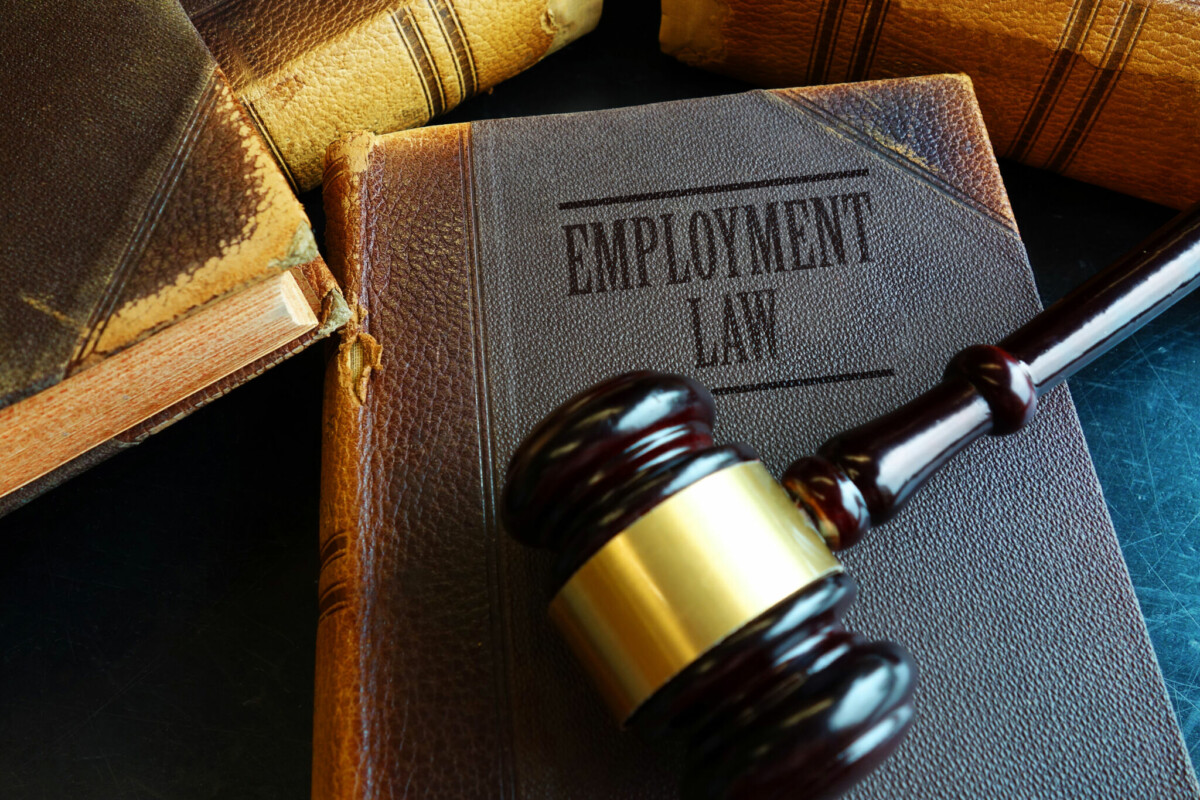
16 Dec How to File a Lawsuit When You Sue Your Employer?
Filing a lawsuit when you sue your employer can be an intimidating process. It is important to understand the laws and regulations that govern employment discrimination. As well as any additional state or local ordinances that may apply. Knowing which laws apply and what steps to take can help you. And to prepare for your legal action and increase your chances of success.
This guide provides information on how to file a lawsuit. Understanding the potential risks and rewards of suing can help you decide whether this legal action is right for you.
Filing a Lawsuit
So, what is a lawsuit? It is important first to understand what the legal system is and what it does. The legal system works to resolve disputes between people or businesses. When someone feels that they have been wronged by another person or business, they may file a lawsuit. This means that they can sue someone in court. There are many things that you can sue for in civil court, including breach of contract, personal injury, or theft.
If the court favors the plaintiff, the plaintiff may be awarded damages. These damages can include money, property, or even custody of children. Filing a civil lawsuit can be a complicated and time-consuming process. So it is important to understand all the potential risks and rewards before taking such a step.
What Are The Common Grounds For Suing Your Employer

Marital status discrimination
Marital status discrimination occurs when an employer makes employment decisions based on a person’s marital status. It is illegal for employers to take any action against employees. Because of their marital status, including hiring, promotions, demotions, compensation, or other terms of employment.
Unfair discipline/ Retaliation
Unfair discipline and retaliation are two of the most common grounds for suing an employer. If an employee feels discriminated against or retaliated against based on their race, gender, religion, age, disability, or other protected characteristics, they may be able to file a civil complaint to seek justice. This type of discrimination could include anything from being fired to being denied.
If an employee feels that they were discriminated against, they should speak to an experienced attorney. That can help them pursue their legal rights and seek justice.
Wrongful termination
When an employee is fired without any cause or justification, it can be classified as wrongful termination. Depending on the circumstances, employers may be liable for lawsuits for wrongful termination. In some cases, employers may have violated a contract or specific industry regulations or laws, meaning the employee has grounds to sue them.
Employers who have discriminated against their employees can also be liable for lawsuits. Discrimination at work is illegal in most states, and employers to discriminate based on race, gender, religion, or other protected characteristics may face lawsuits from their employees. Employees should document any instances of discrimination they experience as grounds to file a lawsuit.
Fernald & Zaffos will help you to understand if you have a valid lawsuit and how to sue your employer. We will provide advice on the best course of action and guide you through the legal process, ensuring that you get the compensation or justice you deserve.
Weigh Your Options Carefully When You Sue Your Employer
Employment lawsuit cases can be complex and involve many steps. When you’re deciding whether to sue your employer, it’s important to consider all the implications. You should assess how much money and time it may cost you in legal fees and how long it will take for a resolution. It’s also crucial that you weigh how long the case is likely to take and how likely you are to win.
If you’re successful in your suit, how much money do you expect to receive? How have other similar cases been before, and what were the outcomes? Thinking about these questions can help you make a more informed decision. Whether or not to think about how to file a lawsuit against a company.
Determine Your Claim
What is a civil complaint? It is what you use to file your lawsuit. It serves as a legal document outlining the facts of your case. Including the wrongs you have suffered and what damages you seek from your employer.
To prepare this document, it’s important that you understand what kind of claim you have. For example, if you were wrongfully terminated, what laws did your employer violate? If you experienced discrimination at work, what types of discrimination are prohibited by law in your state? By understanding what kind of claim you have, you can be sure to include all the relevant details in your complaint.
Get Familiar With The Laws Surrounding the Claim
Once you’ve determined your claim, it’s important to understand the laws surrounding the issue. Employers have a duty to provide a safe and non-discriminatory work environment for their employees. Knowing exactly how they violated this responsibility can help you build a stronger case against them. You should also familiarize yourself with relevant state and federal laws related to the issue, as they can provide a basis for your lawsuit.
Once you’ve determined the type of claim you have, it’s important to prepare for court proceedings. This means gathering all evidence that will support your cases. Such as witness statements, emails, and other documentation. You should also consider hiring an experienced attorney who can provide legal advice and represent you in court.
Contact A Competent Lawyer
If you’ve been wronged in the workplace and are considering suing your employer, contact a competent lawyer for advice. At Fernald & Zaffos, our experienced attorneys can help you understand how to file a civil lawsuit and guide you through the process.
We will help you weigh the pros and cons of taking legal action and provide case-specific advice on maximizing your chances of success.
Contact us today for more information!
You Might Also Like:
Labour Law: Most Common Violations in California
What Does an Employment Law Attorney Do? Everything You Need to Know
How to File a Lawsuit Against Your Employer
How to Deal with Wrongful Termination
A Personal Injury Attorney Will Help You to Recover Damages
Personal Injury Lawyer: What Legal Help Can You Get?
Hiring A Lawyer vs. Hiring A Real Estate Agent
